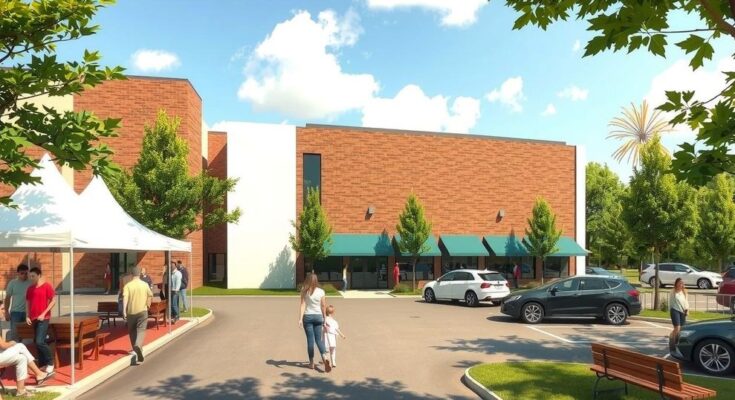The study indicates that the entrance of Starbucks into neighborhoods devoid of cafés leads to increased local entrepreneurship, sparking an additional 3.5 startups annually. This growth is less pronounced in areas with existing coffee shops, emphasizing the unique role of Starbucks as a third place. The data suggests that social venues foster business creation, particularly through networking and signaling effects.
Sociologists highlight the significance of “third places,” such as cafés, in fostering community interaction beyond the confines of home and work. A study titled “Third Places and Neighborhood Entrepreneurship” by researchers Jinkyong Choi, Jorge Guzman, and Mario L. Small investigates the link between these social hubs and local economic activities, specifically through the lens of Starbucks’ impact on entrepreneurship in neighborhoods lacking cafés.
The concept of “third places” plays a crucial role in enhancing local life and can significantly influence economic vitality. By examining data from US business registrations from 1990 to 2022, the researchers set out to determine how the arrival of a Starbucks in a previously café-less neighborhood affects new business startups. This study sheds light on how communal spaces can act as catalysts for economic growth.
The findings reveal that Starbucks acts as a notable driver of local entrepreneurship, particularly in areas without existing cafés. The establishment of Starbucks correlates with increased startup activity, demonstrating the power of social environments in sparking economic development. As such, the research underscores the importance of thriving communal spaces in invigorating neighborhood entrepreneurship.
Original Source: www.nber.org



